
Binge drinking is a prolonged intake of alcohol for several days. According to WHO, alcohol is the cause of more than 200 pathological conditions, such as heart attack, stroke, HIV, mental disorders, etc. According to data for 2018, about 3.3 million people died. The worst thing is that about 25% of deaths due to alcohol occur at the age of 20-40 years. They are not always related to health, there are cases of domestic injuries, road accidents.
According to the International Classification of Diseases (ICD-10), binge drinking has the code F 10.2, which indicates alcohol dependence, the progressive course of alcoholism. The condition is formed gradually, imperceptibly for a person. Rapid (lightning-fast) development is characteristic of people with central nervous system damage, mental disorders, psychopathic personalities, as well as people who have been exposed to radiation. Binge drinking develops faster in young women and adolescents.
Clinically, people start drinking continuously after 5-6 years of systematic intake, but there are exceptions. According to small clinical observations, there are cases when binge drinking did not develop against the background of long-term alcohol intake. Such people sometimes turned to narcologists for help, but they did not lose their professional, vital, social position.
The first signs are severe manifestations of withdrawal disorders – an obsessive need to hangover after waking up, 10-15 hours after severe intoxication. An alcoholic "improves his health" with another glass, receiving deceptive neurological, somatic, mental improvement, which occurs some time after consumption. This contributes to the formation of an individual pattern of alcoholism. A person after each alcoholic excess will improve his well-being with another glass.
At the beginning, the alcoholic justifies the addiction with stress, problems, poor health, mood. Gradually, the desire to drink takes a leading position in behavior. The addict is almost constantly in one degree or another of intoxication, but so far he can cope with everyday affairs. Soon, the body's demand for alcohol suppresses social life, family, and official obligations. The duration of the binge increases.
For several years, there have been breakdowns, relapses that are still manageable. But then the unrestrained drunkenness progresses, binge drinking becomes protracted, medical care is already required.
Its development is based on complex neurochemical processes. A particularly important point is the increased release of catecholamines into the blood, which are neutralized by the next dose. Normally, liver enzymes are responsible for the breakdown of ethanol. Ethyl alcohol is oxidized to acetic aldehyde, then passes into acetic acid, eventually it breaks down into safe components: water and carbon dioxide.
When a large amount of alcohol is received, its metabolism in the body changes greatly – the liver does not cope with its task. A toxic decomposition product begins to accumulate in the blood – acetaldehyde, which is ten times more toxic than ethanol. It provokes changes in the structures of the brain, disrupts metabolism, the work of all organs, reduces the activity of many enzymes, including those that break it down.
Acetaldehyde binds to catecholamines, causing their deficiency and severe metabolic disorders. There are other reasons for their lack in the binge period: suppression of acetaldehyde synthesis, inhibition of dopamine-3-hydroxylase activity, norepinephrine breakdown.
Studying the characteristics of people who suffer from alcoholism, and comparing them with people who lead a sober lifestyle, allowed scientists to draw some conclusions. It was found that several factors become the cause of addiction.
People who have drinking relatives are more likely to develop an addiction. According to the results of some studies, the pathological tendency to binge drinking is transmitted with genes. There are substances in the body that are activated under stress, calming the brain. Scientists have suggested that their deficiency leads to attempts to find a relaxant from the outside – people start trying drugs, drinking. But this does not always end with addiction, otherwise alcoholism and drug addiction would be incurable diseases.
With these problems in the West, people turn to psychologists to help them change behavior, attitude to stressful situations, and sort out family conflicts. Russian citizens have a different mentality. Most people think that it's not normal to open up to a stranger, it's better to have a drink with a friend, talk, relax and forget about problems. Alcohol, indeed, can be called an antidepressant, but dangerous. It helps to forget, but only for a while, and does not solve problems in life, only a new one will be added – addiction.
Severe alcoholism with binge drinking can be observed due to mental disorders:
Other possible factors may be a deficiency of dopamine, serotonin, traumatic brain injuries, metabolic disorders.
Some people are influenced by traditions and environment. There are known factors that increase and decrease the risk of alcoholism:
Children growing up in families where they arrange feasts for any occasion often make a false conclusion for themselves that this is a good way to spend time, bonding with family and friends. Growing up, they transfer parental traditions to their families, and in the presence of other risk factors, abundant feasts turn into alcoholism.
In a state of intoxication, an alcoholic can break the law, hit and even take the life of another person, commit suicide.
The provoking factor may be incorrect psychological attitudes, abstraction, avoiding problems. Some novice alcoholics took alcohol for "recovery". They were systematically drunk to increase appetite, as a sleeping pill before going to bed, a sedative for stress, for warming, etc. As a result, it turned into a habit, and then into an addiction.
Narcologists get people who justify the addiction with hard, stressful work. They used booze as a relaxing remedy after a difficult working day to disconnect and forget. Healthy people can go on a binge against the background of long holidays, severe shock, grief, failure in love. But having gone into oblivion for a few days, they can quit on their own without the help of doctors.
However, there is a very fine line between an alcoholic and a healthy, but drinking person, if you often repeat binge periods, you can become addicted. If a person who has undergone detoxification or coding in a drug treatment clinic goes on a binge, the reason for the breakdown is often unfinished therapy. The disease requires complex treatment – this is one of the main stages of rehabilitation, where they teach you to live without alcohol.
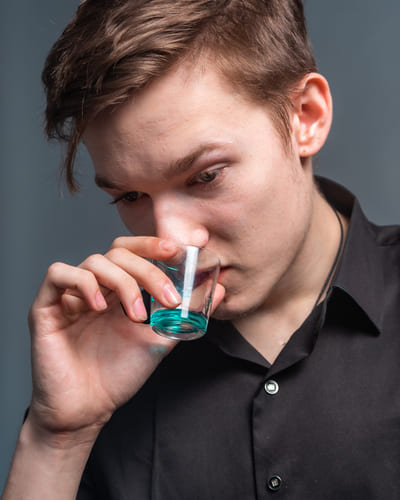
According to research, alcoholism has noticeably rejuvenated in recent years. Cases of drunkenness of boys aged 15-20 years and girls aged 18-30 years have been identified. But only in some cases it develops into chronic alcoholism. Some men periodically go into short binge drinking for 10-15 years, and then fall into heavy drinking. Women need 2-5 years to get involved, which is due to the individual characteristics of the body.
The reasons for multi-day drinking in women and men are very similar, but the behavior is different. The stronger sex often becomes violent, aggressive, prone to violence, initiates fights when intoxicated. Women are more often accompanied by depression, depression, and the severity of cravings also depends on the phase of the menstrual cycle due to the rampage of hormones. PMS with emotional instability can push you to alcohol.
Often, relatives, work colleagues do not suspect that a woman drinks a lot, which is also associated with the causes of binge drinking. An outwardly happy, cheerful person can hide inner feelings, unrealization in life, and start drinking from disappointment. Out of shame and in order not to show their weakness, many women hide the addiction.
There are several types of binge drinking, which differ in the duration of alcohol consumption, causes, symptoms. They determine the treatment plan.
It is typical for people who have not yet formed a persistent psychological dependence. As a rule, it is provoked by sad or joyful events. But control over the situation is not lost, a person can stop drinking and return to his usual lifestyle. With a pseudo-break, plans are rarely violated, and if you need to go to work, do business, a person will stop taking alcohol. He does not lose his appearance, friends, family, money, does not fall out of social life.
This is due to the fact that withdrawal syndrome has not yet developed, which is characteristic of the 2nd, 3rd stages of alcoholism. There is no craving that makes you "rule" your health with a morning glass. In a false binge, the body rejects alcohol with hangover symptoms – nausea and vomiting occur. Alcoholics do not have this, their defense mechanism is broken, drinking a glass in the morning for relief is a familiar thing.
There is no clear limitation of the transition from one stage of alcoholism to another. A false binge is already a cause for concern.
The name speaks for itself – a person drinks for several weeks or even months, which is associated with a pronounced craving for alcohol. He is not interested in friends, family, work, duties, affairs. The patient does not wash, sleeps in everyday clothes on a dirty bed, does not eat. This is a characteristic sign of the 2-3 stages of alcoholism, and the addict cannot stop. He stops drinking when he is physically unable to drink due to severe intoxication.
When sobering up, he feels the need to drink, the craving is painful, unrestrained, uncontrollable. All thoughts are only about alcohol. Periods of relative sobriety are short, at this time a person is looking for regular portions of alcohol, which is why the signs of withdrawal syndrome do not have time to manifest themselves in full. If the sober period is forced to drag on, the alcoholic begins to be tormented by severe manifestations of abstinence, which again push him to a glass.
They are noted even during the period of prodrome, when there is no strong dependence, and at the 1st stage of the disease, and at the second they become regular. The duration of drinking is 2-5 days. Usually a person drinks every weekend to relieve tension after a working week. On Friday, he gets stably drunk, and on Saturday, Sunday, he gets drunk, but because of poor health, he continues to drink all day. On Monday, he suffers from withdrawal symptoms, which are still moderately pronounced.
This can last for years, and people do not consider themselves alcoholics – after all, they go to work, work with children, maintain their status in society. And since they can stop drinking on Sunday evening, before work, it means they control the situation. But the duration of binge drinking increases over time, the addict begins to take alcohol on weekdays. There comes a time when, due to intoxication, an alcoholic does not go to work and loses it.
At the second stage of the disease, the craving for alcoholic beverages increases significantly, reaches a "plateau". Binge drinking is delayed for 1-3 weeks, and the duration of the sobriety period is reduced. Single excesses disappear, any intake of alcohol provokes multi-day libations. A person can drink 1.5 liters of strong drinks per day, sometimes 2 times more. The craving is so strong that it makes you wake up in the middle of the night to drink. The quality of drinks is no longer interested, "everything that burns" is suitable - pharmacy alcohol tinctures, even if they are for external use, cologne, technical liquids, etc.
Alcoholics stop going to work, do not appear on the street while there is alcohol at home, forget about basic hygiene – do not shave, do not wash, do not brush their teeth, sleep in daytime clothes. All the money is spent on addiction, and it doesn't matter that they are needed for food, children, apartment payment. To buy a bottle, addicts are ready to sell valuables, equipment from home, steal.
If a short-term binge is consumed for pleasure, then with a long-term situation is different – there is a physical dependence, a pronounced withdrawal syndrome, and alcohol is only a way to get rid of severe symptoms. Drunkenness is no longer a holiday – a person is depressed, inhibited, oppressed.
There are often cases when pronounced abstinence does not disappear even after taking a large amount of alcohol.
For a narcologist to establish the fact of a real binge is not difficult, it is characterized by:
Manifestations of short-term abuse are less pronounced, the body copes with them independently. More often it is heaviness in the head, nausea, severe thirst, intestinal disorder.
With prolonged alcohol consumption, there is a violation of the work of organs and systems due to intoxication. When diagnosing patients , there are:
The symptoms depend on how long the drunkenness lasts, what is the length of use. Due to the increase in intoxication, sleep becomes superficial, the patient manages to fall asleep if he drinks a lot of alcohol. Even when intoxicated, alcoholics fall asleep for a short time, and it is often accompanied by nightmares. When falling asleep, waking up, sound hallucinations are possible. There are: unstable gait, vestibular disorders, feelings of anxiety, anxiety, guilt, remorse.
Not only the patient suffers from binge drinking, but also his environment: relatives, relatives, neighbors. A person falls out of social life, closes himself in his own world.
With a pseudo-breakdown, a person can cope with himself on his own and stop drinking. Alcoholics with experience are not able to get out of a pathological state, overcome cravings themselves, their psyche changes, but often they do not consider themselves sick. In this case, relatives should not waste time and immediately contact specialists.
Drug addiction clinics are engaged in getting rid of addiction, which carry out treatment at home, in a hospital, depending on the severity of the condition. The patient is prescribed detoxification therapy with medications or hardware methods. More often they put droppers, drugs for which are selected individually. Doctors prescribe:
Detoxification is not a method of treating addiction, it is one of the main stages. To suppress cravings, coding is carried out with medications or psychotherapeutic methods. In the first case, drugs based on disulfiram are injected into the body, which causes poisoning even from a minimum dose of alcohol. For the psychotherapeutic block, they influence the patient's subconscious to give an installation for a sober life.
The last and main stage is rehabilitation, which helps to cope with psychological dependence, the main cause of alcoholism. It is the treatment in the rehabilitation center that reprograms people, teaches them to live differently. Psychologists, psychotherapists, addiction specialists work with patients who conduct individual, group sessions. There are programs for working with relatives.
Multi-day use is almost always considered as a manifestation of chronic alcoholism. A person is not able to control the amount of booze. It all starts with a harmless desire to relax, relieve stress, sit with friends. But the moment of transition of ordinary drinking into addiction often passes unnoticed when a person can no longer stop.
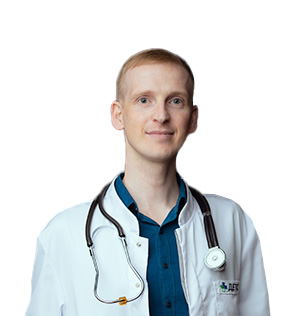
Стаж работы 16 Лет
Дата проверки: 29 Августа 2025

Отеки после алкоголя: причины и устранение проблемы
Какими бы ни были причины отечности, она является характерным сигналом...
21.01.2021
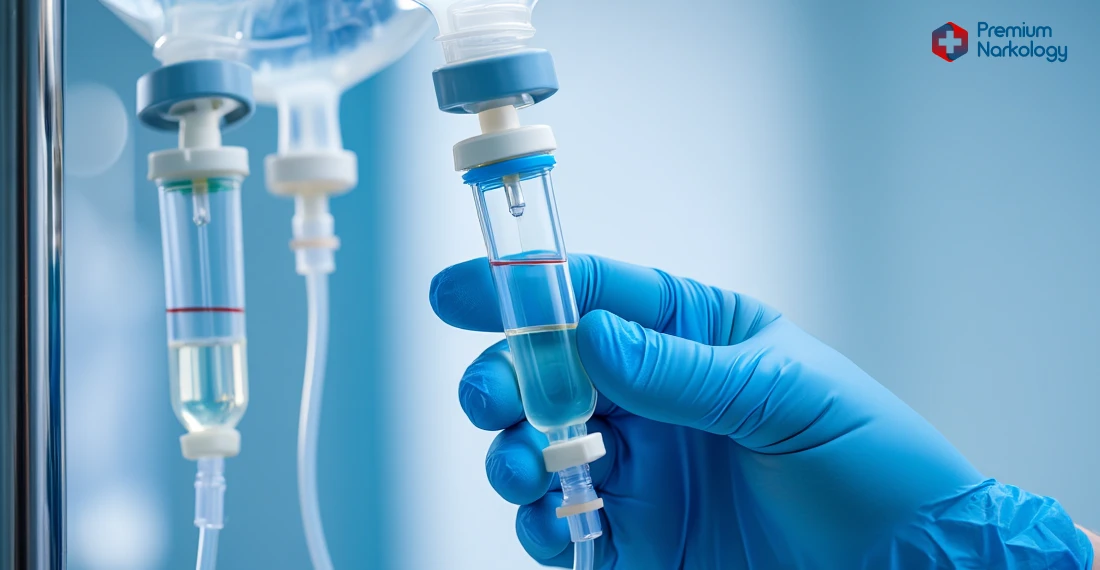
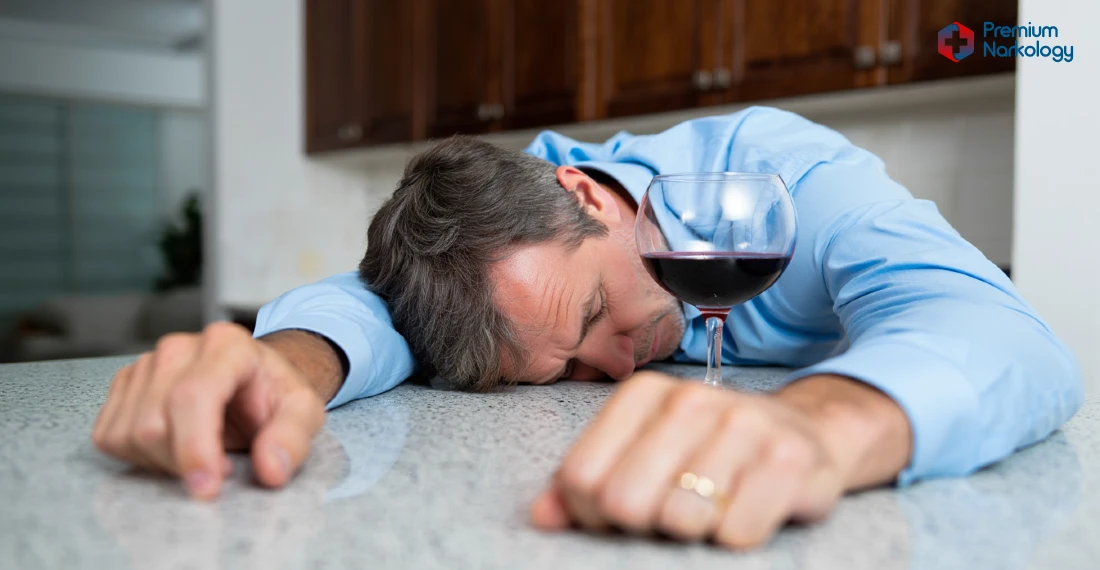
Запой: механизм развития, причины, симптомы, лечение
Запой – продолжительный прием спиртного в течение нескольких дней. По...
24.03.2021
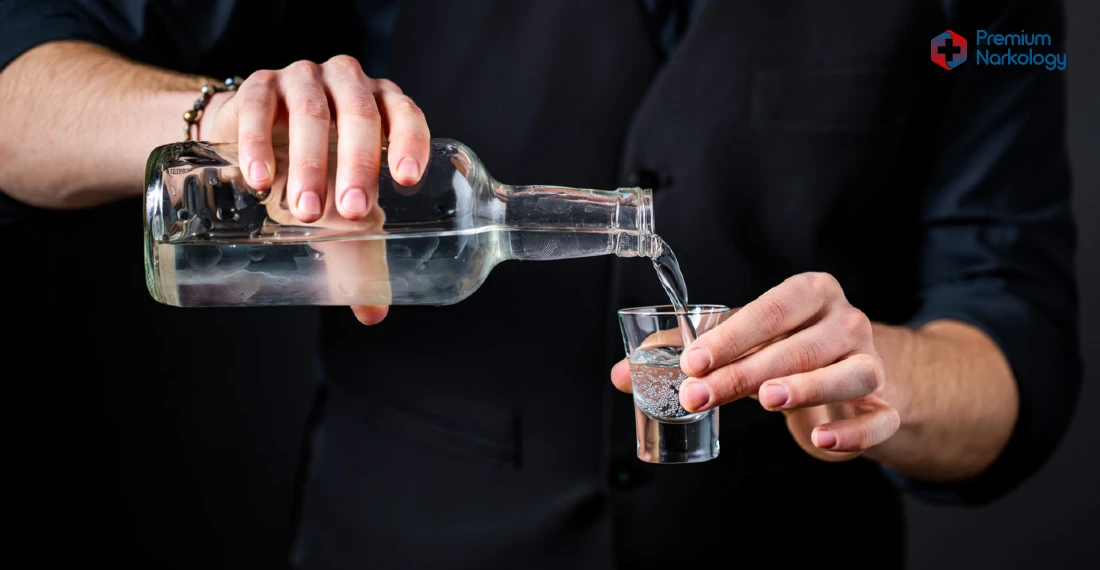
Алкоголизм: причины развития, признаки, лечение
Алкоголизм – заболевание, при котором формируется стойкая психологическая, физиологическая зависимость...
24.03.2021
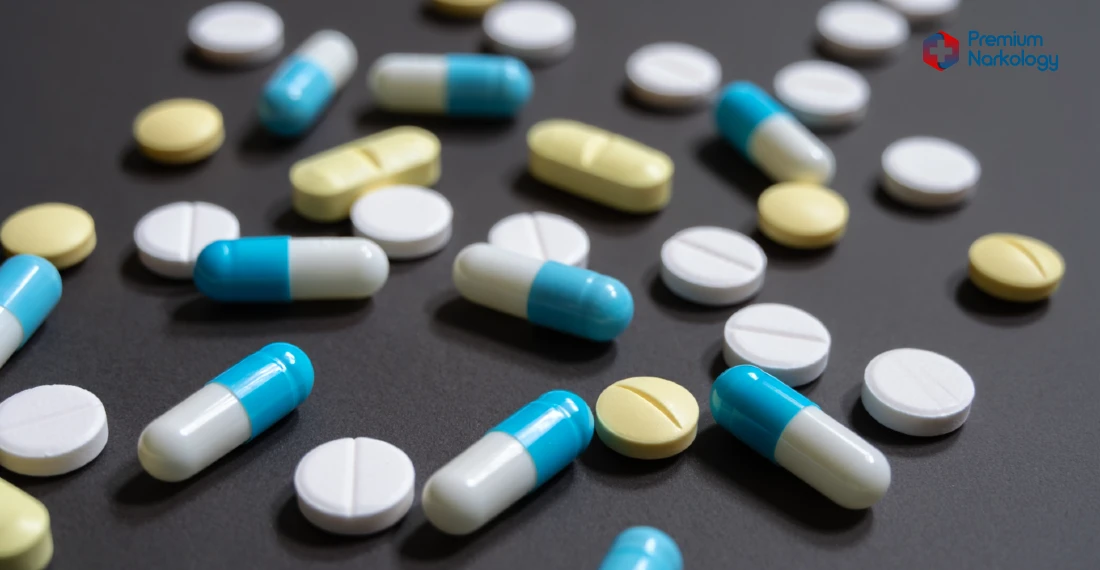
Какие таблетки от похмелья самые эффективные?
Что помогает при похмелье? Эффективных и доступных способов достаточно, и бороться...
06.05.2021
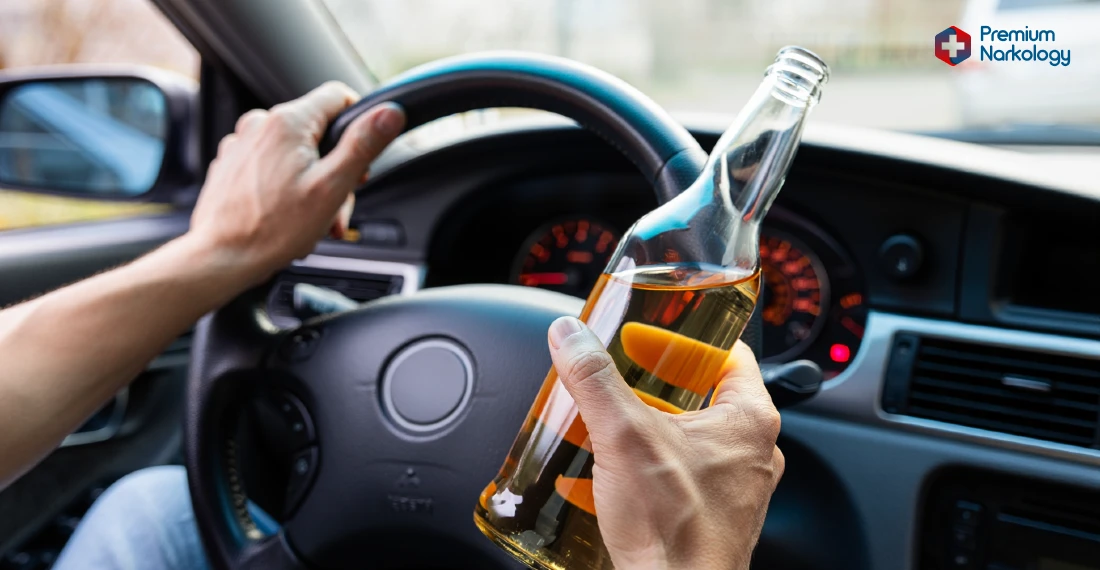
Через сколько времени после алкоголя можно за руль, какие факторы на это влияют
Ежегодно в России происходят сотни дорожных аварий по вине пьяных...
07.06.2021
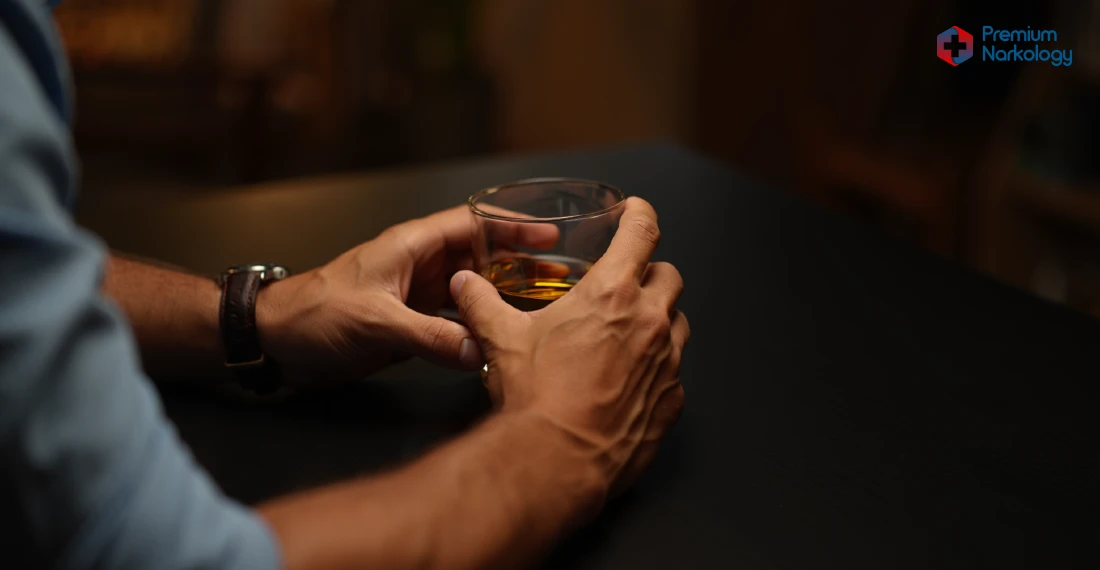
Проблема алкоголизма в России
Алкоголизм в России стал широко распространенным заболеванием: пьющих людей легко...
15.07.2021
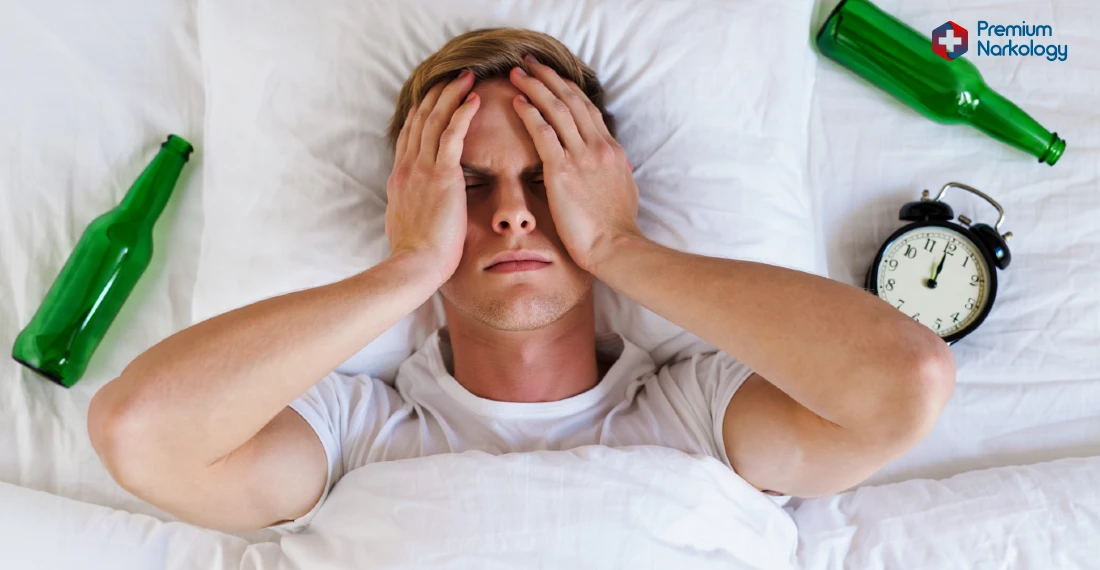
Как уснуть с похмелья: методы эффективной борьбы с этим критическим состоянием
Похмелье - мучительное состояние, одно из ярких проявлений сильной алкогольной...
31.08.2021

